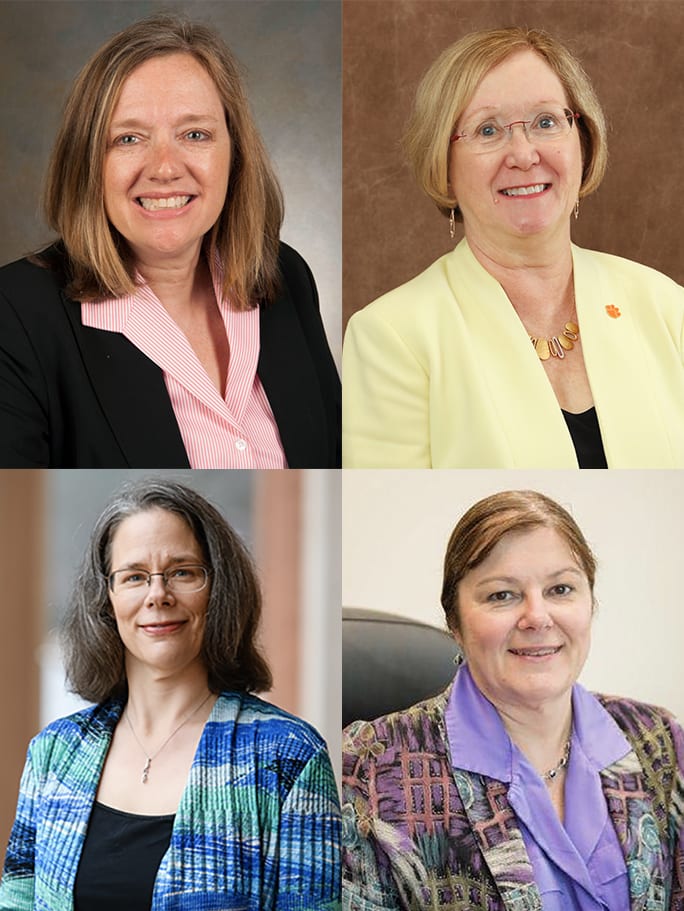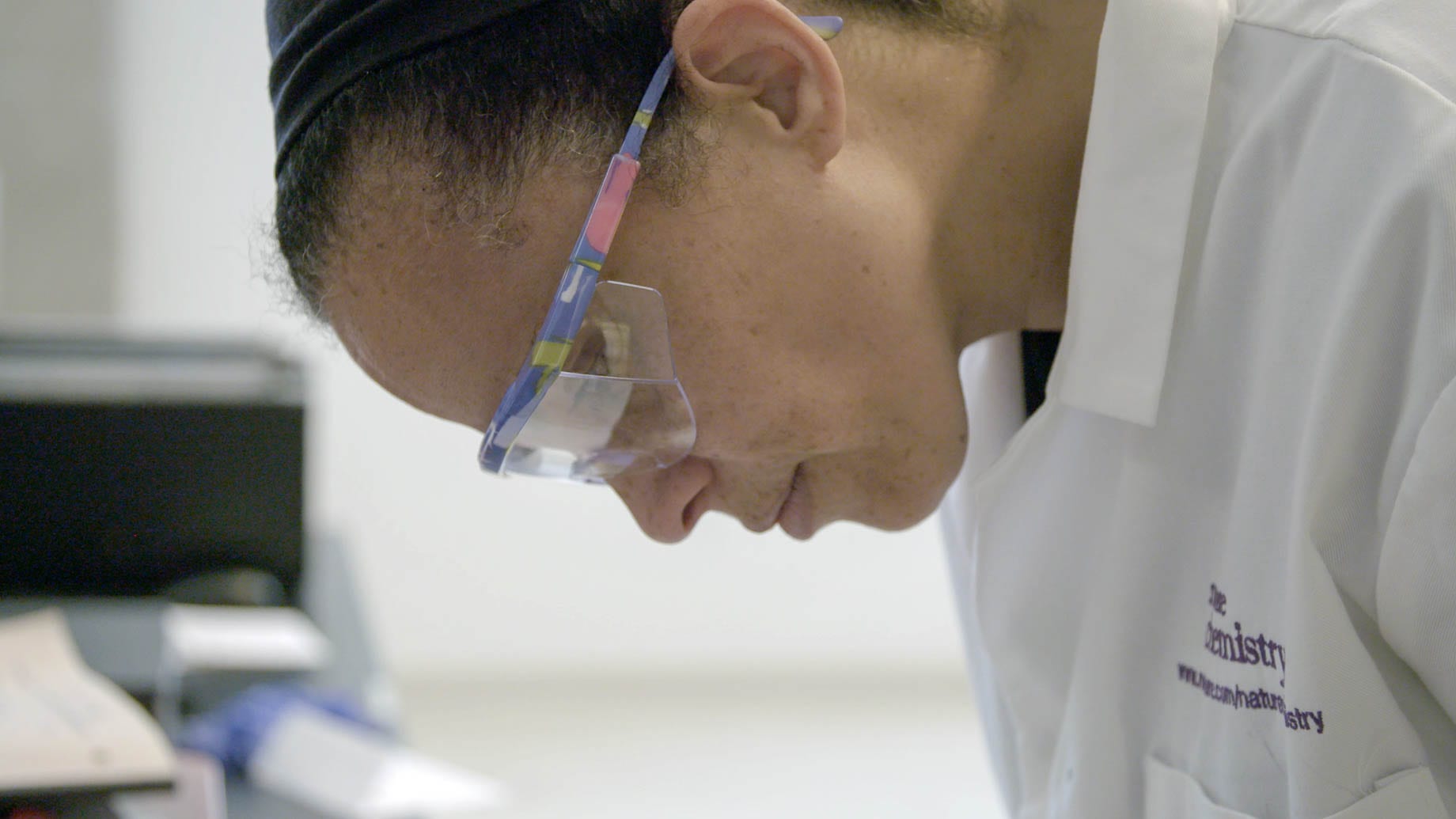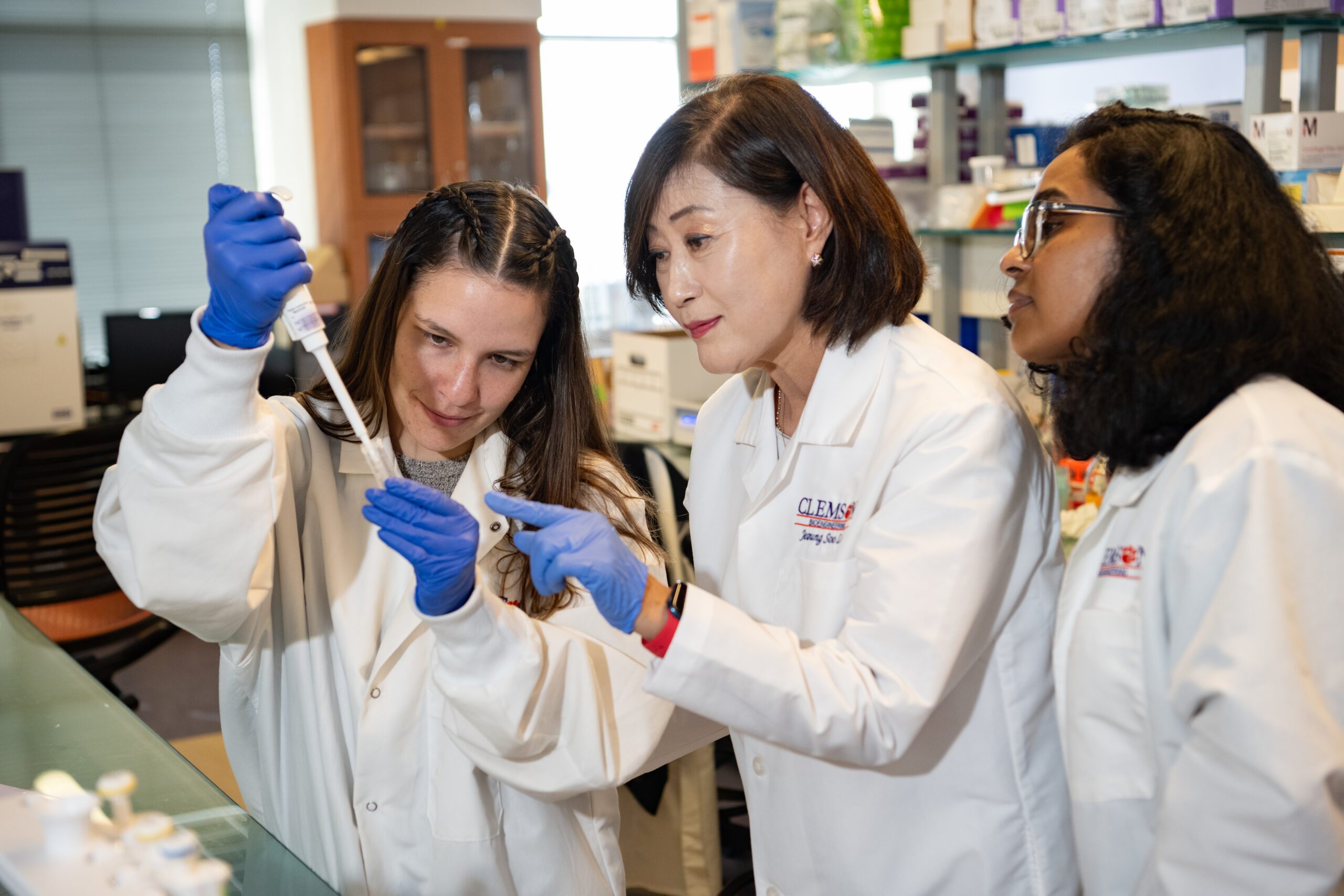If somebody were to ask you to picture a scientist, what’s the first image that would come to mind?
A man in a lab coat? That’s not surprising, given that women make up only one-fourth of the science, technology, engineering and math (STEM) workforce.
But that picture is changing — albeit slower in some scientific disciplines than others.
Clemson’s TIGERS Advance program has arranged a virtual screening of “Picture a Scientist,” an award-winning feature-length documentary film chronicling the groundswell of researchers who are writing a new chapter for female scientists. The film, an official selection of the 2020 Tribeca Film Festival, follows a biologist, a chemist and a geologist at different points in their careers as they overcome harassment, institutional discrimination and years of subtle slights to revolutionize the culture of science.
The film will be available for viewing from March 20 to April 1. Faculty and student advisors in the College of Science may register here.
Women experience real struggles in attaining successful careers in science. Raising awareness is the only way to build a fairer and more level playing field for women scientists to succeed,” said Margaret Ptacek, a professor in the Department of Biological Sciences and director of TIGERS Advance, which aims to improve gender and racial equity at the University.
A panel that includes four College of Science female professors will discuss their experiences as women in science with colleagues who have watched the film on Monday, March 29 from 12:30 to 2:30 p.m. The discussion can be accessed here.

Panelists include:
- Trudy Mackay, Director of the Clemson University Center for Human Genetics and Self Family Endowed Chair of Human Genetics in the Department of Genetics and Biochemistry.
- Lesly Temesvari, Alumni Distinguished Professor in the Department of Biological Sciences and founding member of the Eukaryotic Pathogens Innovation Center.
- Julia Frugoli, Alumni Distinguished Professor in the Department of Genetics and Biochemistry.
- Julia Brumaghim, professor of bioinorganic chemistry in the Department of Chemistry.
- Sean Sather-Wagstaff, a TIGERS Advance senior advocate and a professor in the School of Mathematical and Statistical Sciences.
Megan Fallon, interpersonal violence prevention coordinator from the Clemson University Title IX Office.
Silvia Mazzula, a psychology professor at the John Jay College of Criminal Justice at the City University of New York with extensive experience in advancing academic and workforce diversity, will moderate the panel discussion.
Valuable discussion
“We are happy to work with the Clemson TIGERS Advance group to help us organize this viewing of ‘Picture a Scientist’ and facilitate conversations about gender equity in science. Any contribution we can make to creating and fostering a welcoming and equitable environment in the College of Science, particularly surrounding issues of gender equity, is important and worthwhile. I look forward to a valuable discussion,” said Stephen Creager, associate dean of the College of Science and a professor in the Department of Chemistry.
TIGERS Advance launched in 2016 with a $3.4 million grant from a National Science Foundation program designed to address gender inequity in STEM fields. The goal of TIGERS – Transforming the Institution through Gender Equality, Retention and Support – Advance is to build a culture encouraging diversity, inclusiveness and respect for all.
While a nearly equal number of men and women enter doctoral training in many STEM fields, the number of women being hired to faculty positions, advancing to full professorship and assuming leadership roles in academia and national organizations is considerably lower than their male counterparts in many STEM departments.
“Women are being lost for many reasons,” Ptacek said. “They are less likely to be hired by a search committee. Women are not supported well in terms of mentoring or opportunities from their male colleagues once they enter assistant professor positions and they often stay at the associate professor level longer than their male counterparts hired at the same time in some STEM disciplines.”
Education is crucial
To address the problem, Ptacek said it’s crucial to educate faculty, administrators and graduate students about gender inequity and support women once they are in their faculty positions so they can succeed and advance.
She recalls a workshop in which a woman faculty member talked about her experience as an assistant professor. She and a male faculty member who was hired and received tenure at the same time were sharing how they successfully navigated their probational years.
The man went first and talked about how welcoming his colleagues were and how many opportunities he had, including being asked to co-write grants to get money for his research lab and make connections with scientists outside of the university to build his external networks.
The woman realized that none of those things had happened to her. No colleagues had offered to include her as a co-principal investigator. She had to find her own grant opportunities. If she needed a collaborator from another university, she had to approach them on her own and hope they responded.
Push toward success
“That’s not equity,” Ptacek said. “The man had a much bigger push up toward success than the woman did. So, equity is about first realizing and understanding how those things happen. I don’t like the term equality because equality is all about giving everyone the same resources. But if you don’t have the opportunity, it doesn’t matter what resources you’re given.”
She said that while the TIGERS Advance program wants to make life better for individual women at Clemson, the goal is institutional transformation, making Clemson University a place where all faculty, staff and students are respected and valued regardless of the social group they identify with.
“The ‘Picture a Scientist’ panel discussion should open the door for graduate faculty and programs to have discussions in their own departments and with their advisors and graduate students to build a stronger, more equitable community for women scientists in STEMM (science, technology, engineering, mathematics and medicine),” Ptacek said.







